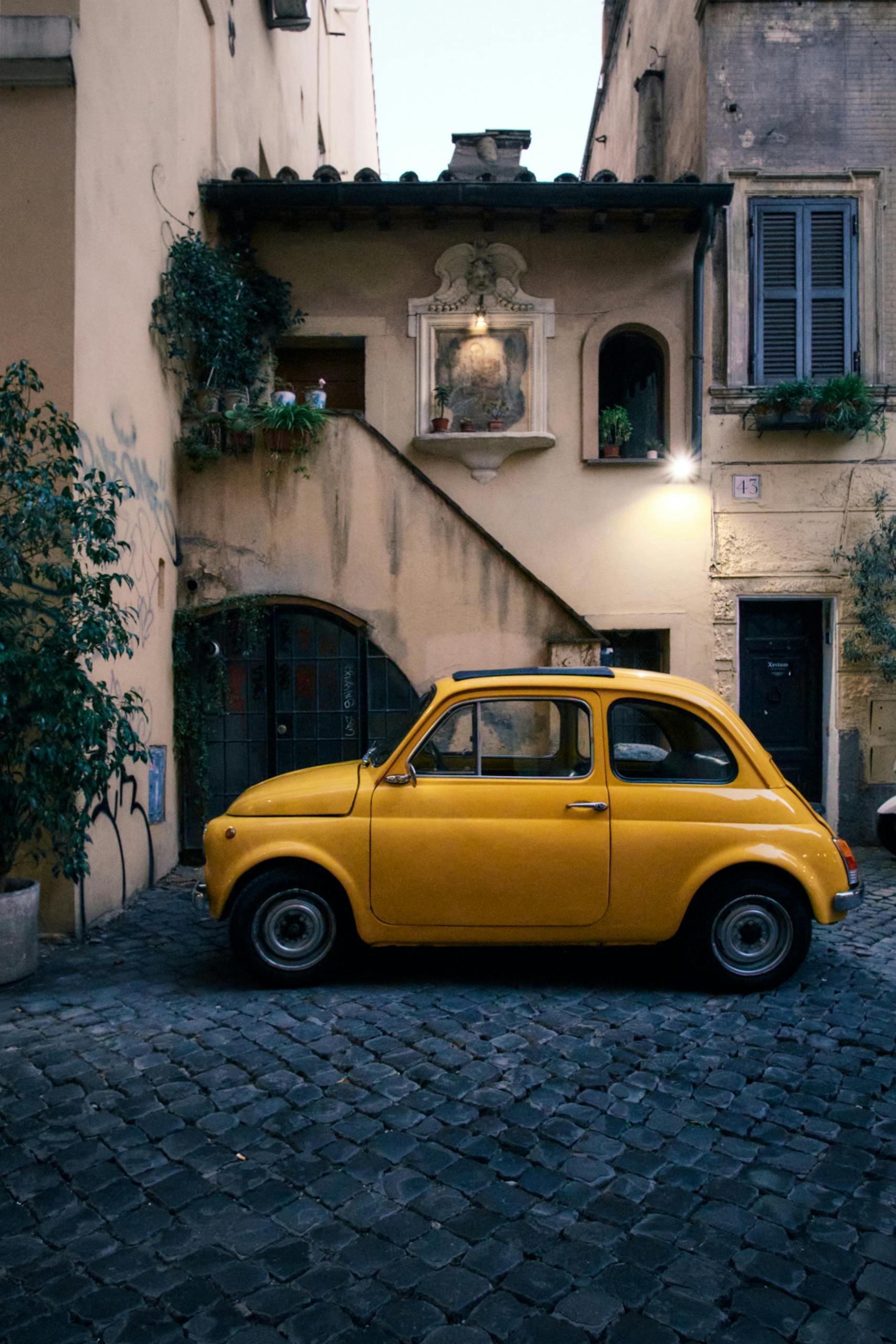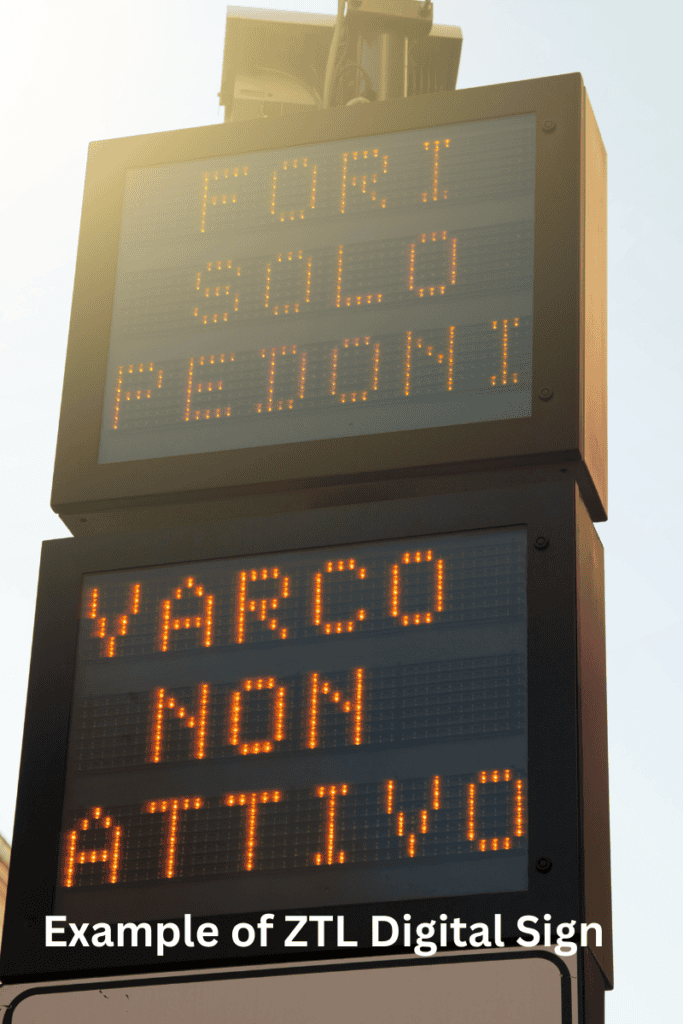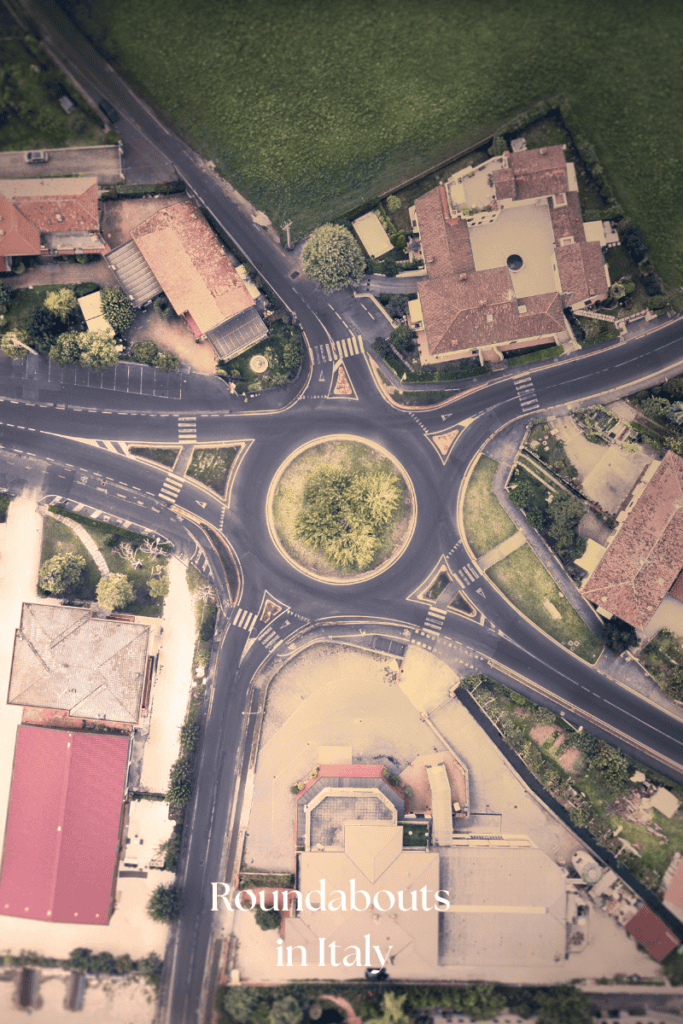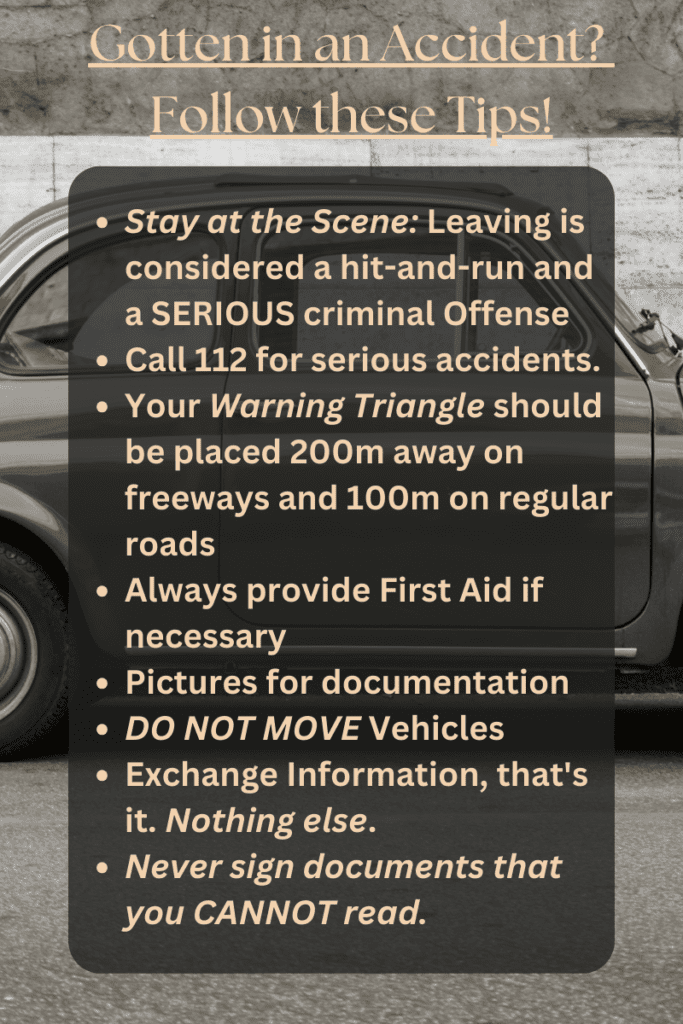Driving in Italy: 5+ Important tips You Should Know

After living in Italy for some time, I have noticed that there is an apprehension when it comes to driving in Italy. Tourists and servicemembers are all feeling the same way, it’s the roundabouts and the images that are conjured up down south. Cars everywhere.
While time has been spent living in Poland and Korea, nothing—and I mean nothing—tops the driving experience here in Italy. I can remember I was white knuckling the steering wheel when I first started driving here. It was pretty intense.
To ease your fears and apprehensions, I created 5+ Important Tips You Should Know while driving in Italy!
Why not subscribe to my newsletter?
1. Essentials Needed Before You Drive in Italy
Before you even pack your bags for a trip over here do two things
- Make sure your driver’s license is current (You’re welcome)
- Make sure you have an International Driving Permit (IDP) along with a license. The IDP is required for non-EU citizens and can be obtained from your local automobile association.
- Call your Insurance Company to let them know that you are headed to Italy and what you might be covered under. Call your Credit Card company as well, as a former Manager of a Rental Car branch, I can tell you that there are benefits to calling both!
2. Navigating Italian Roads
Here are some tips to keep in mind for when you start driving in Italy

- ZTL Zones: Only cars with permits may drive in a ZTL, or limited-traffic zone. Many Italian cities have restricted traffic zones (Zona a Traffico Limitato). Be aware of these areas to avoid fines when driving in Italy. There will be a light system if you can access it without fines!
- Roundabouts: Italy has many roundabouts. Yield to traffic already in the roundabout and use your indicators when exiting. Some rules for roundabouts:
- At roundabouts, priority should be given to those coming from the right, unless otherwise indicated.
- Autostrada: Italy’s highways (autostrada) are well-maintained and have tolls. Keep some cash or a credit card handy for toll payments.
- Tolls: THERE ARE NO VIGNETTES NEEDED IN ITALY, JUST MANY, MANY TOLLS.
- A good thing to know is that they accept contactless cards and cash.
- AMEX doesn’t always work
- Take your time. You might feel the need to rush, but trust me, there’s no need to.
- If you lose your ticket, press the button to contact the Toll Cashier. They will ask you where you began your journey and the price will be displayed on the machine!
- Check out the OFFICIAL ITALIAN TOLL WEBSITE FOR MORE INFORMATION
3. Map of Tolls in Italy
4. Getting Gas in Italy
This might sound like a really strange thing to include here but I find that not many people realize the following what to do when getting gas while driving in Italy. We get gas at any ENI we may stumble upon.
- First of all, gas stations, known as benzinaio or distributore di benzina, are plentiful, but their operating hours can vary. For instance, many stations close during lunchtime (around 1 PM to 3 PM) and on Sundays, so it’s wise to fill up your tank ahead of time.
- On the other hand, on major highways (autostrada), you’ll find larger stations that are open 24/7, though they tend to be more expensive.
- self-service (fai da te) pumps are common, and you may need to insert a banknote into a payment machine and select your pump number
- it’s important to distinguish between benzina (petrol) and gasolio (diesel) to avoid any mishaps. By understanding these nuances, you’ll be better prepared to navigate the roads and enjoy your Italian road trip.
5. Familiarize yourself with these words!
Familiarize yourself with these Italian words that you may see on signs:
- Destra: Right
- Sinistra: Left
- Dritto: Straight
- Uscita: Exit
- Pedaggio: Toll
- Stop: Stop (same as in English)
- Alt: Stop (used in various contexts like customs or police checks)
- Dogana: Customs
- Polizia: Police
- Autostrada: Highway (toll road)
- Strada: Road
- Zona a Traffico Limitato (ZTL): Restricted Traffic Zone
- Parcheggio: Parking
- Velocità Massima: Maximum Speed
- Velocità Minima: Minimum Speed
- Divieto di Sosta: No Parking
- Divieto di Transito: No Entry
- Pay attention to Italian road signs
- green signs indicate motorway
- blue ones are for suburban roads
- white for urban roads.

6. In Case of an Accident While Driving in Italy
These tips were passed down to us from the USAG Italy drivers course, and I think these are great to share with my readers!

7. Emergency Phrases
- Help! – Aiuto! (ah-yooh-toh)
- Call the police! – Chiamate la polizia! (kee-ah-mah-teh lah poh-lee-tsee-ah)
- Call an ambulance! – Chiamate un’ambulanza! (kee-ah-mah-teh oon ahm-boo-lahn-tsah)
- I need a doctor. – Ho bisogno di un medico. (oh bee-zoh-nyoh dee oon meh-dee-koh)
- I need help. – Ho bisogno di aiuto. (oh bee-zoh-nyoh dee ah-ee-yoo-toh)
- There’s been an accident. – C’è stato un incidente. (chay stah-toh oon een-chee-den-teh)
- I’m lost. – Mi sono perso/a. (mee soh-noh pehr-soh/ah)
- Where is the nearest hospital? – Dove è l’ospedale più vicino? (doh-veh eh lohs-peh-dah-leh pyoo vee-chee-noh)
- My car has broken down. – La mia macchina si è rotta. (lah mee-ah mah-kee-nah see eh roh-tah)
- I need a tow truck. – Ho bisogno di un carro attrezzi. (oh bee-zoh-nyoh dee oon kah-rroh ah-tret-tsee)
8. Staying Safe
Regardless if you are driving in Italy or not, Safety should always be a priority when traveling. Here are some safety tips:
- Keep Valuables Secure: Always lock your car and keep valuables out of sight.
- Emergency Numbers: Familiarize yourself with emergency numbers in Italy. The general emergency number is 112.
- Stay Informed: Stay updated on local news and travel advisories.
9. take it easy… relax and try to enjoy your time driving through Italy.
Conclusion
A road trip through Italy offers endless opportunities for adventure and discovery. If you are ready to discover what’s beyond Italy, why not learn all about vignettes and what they are in other countries?
With careful planning and an open mind, you’ll create memories that will last a lifetime. So pack your bags, hit the road, and get ready for the journey of a lifetime!
Remember there is always Italy by train too, and that is a wonderful way to see the country!
Feel free to connect with me on Instagram, or leave a comment below!
You can also buy me a coffee!
Buy me a coffee